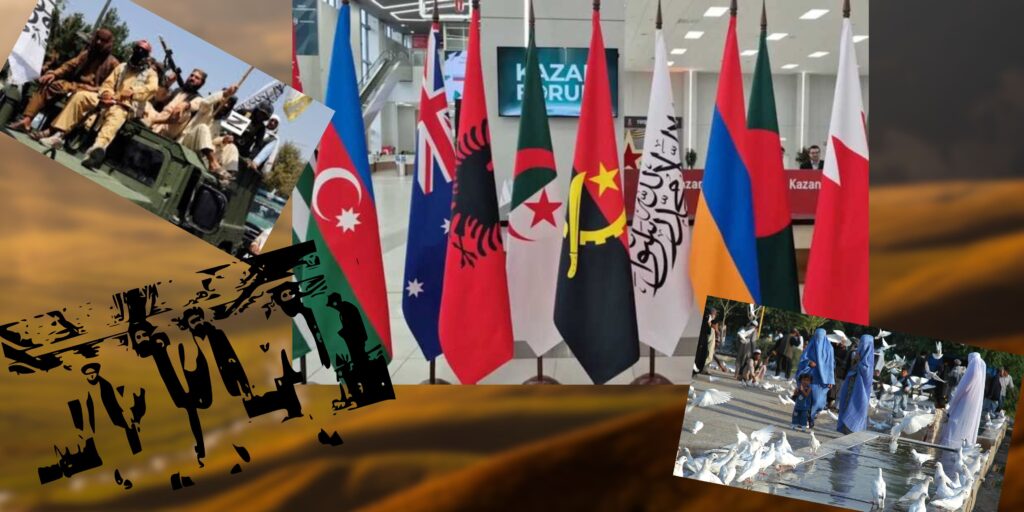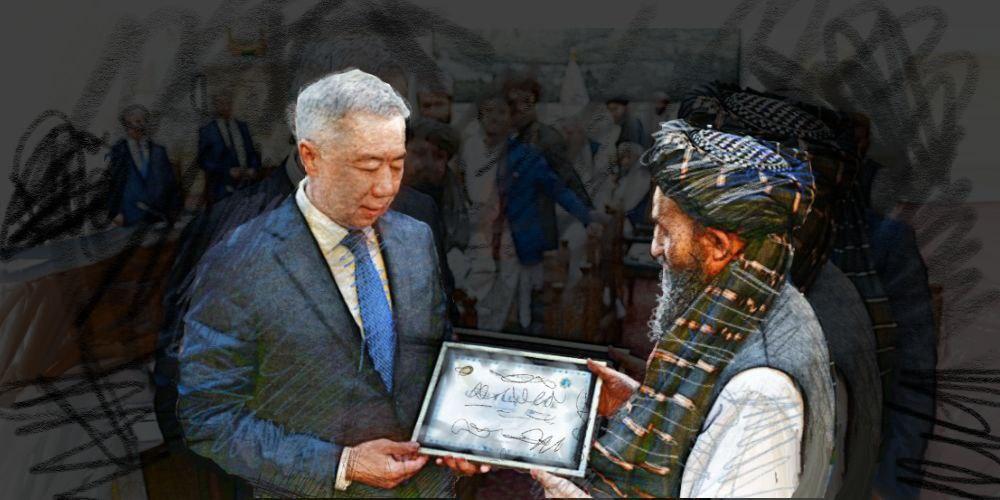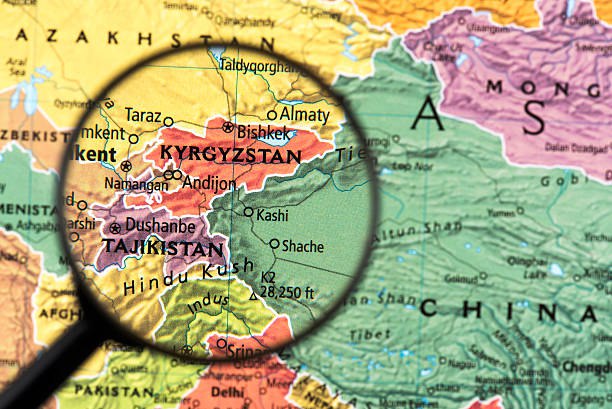The Ripple Effects of the Israel-Iran Conflict on Central Asia
The Israel-Iran conflict has escalated dramatically, with Israel launching large-scale strikes on Iranian nuclear facilities and military targets, including the killing of top Iranian commanders and nuclear scientists. Characterizing these attacks as a “declaration of war,” Iran has retaliated by deploying approximately 100 drones toward Israeli territory, which have been intercepted. The strikes, part of Israel's "Operation Rising Lion," aim to neutralize what it perceives as an existential threat from Iran's nuclear ambitions. The situation has triggered reactions globally, with heightened tensions and calls for de-escalation. Meanwhile, in an interview with ABC News, U.S. President Trump called the strikes "excellent" and vowed there was "more to come. A lot more." The rapidly escalating conflict between Israel and Iran will undoubtedly exert a tangible influence on Central Asia, a region that shares both historical and geographic proximity to Iran. Turkmenistan, which directly borders Iran, is at the forefront, demonstrating how Central Asia sits strategically within a broader landscape of global power struggles. Geopolitical Tensions Within Reach Central Asia’s geographic and political ties to Iran make the region a key area of influence for Tehran. Iran’s relationship with Turkmenistan, grounded in a shared border and energy cooperation, highlights its immediate relevance. Turkmenistan and Iran collaborate on trade and natural gas exports, ensuring intertwined economies. However, these connections make Central Asia exposed to the consequences of Tehran’s ambitions, particularly as tensions with Israel spill over. Israel, meanwhile, has been steadily cultivating its influence in the region through strategic partnerships. Its strong alliance with Azerbaijan, Iran’s neighboring competitor to the north, has allowed Israel to counter Tehran’s reach. Additionally, Israel has deepened ties with Kazakhstan and Uzbekistan, offering expertise in cutting-edge technologies in agriculture, water-saving technologies, defense, and cybersecurity. This influence balances Iran’s predominance but risks elevating the regional stakes should the conflict further intensify. The nations of Central Asia are navigating a multitude of competing external pressures close to home, relying on multi-vector diplomacy to manage relationships with Iran, Israel, Russia, China, and the West. Economic Interdependence and Vulnerabilities Central Asia’s landlocked geography makes trade routes essential, with Iran serving as a critical gateway to global markets. The Bandar Abbas port facilitates the export of Central Asian goods, particularly for Turkmenistan. In January, Kazakhstan, Turkmenistan, Russia, and Iran reaffirmed their commitment to increasing cargo transportation along the North-South transport corridor. However, sanctions on Tehran and the conflict's unpredictability cast uncertainty over these vital corridors. The Chabahar port, developed in partnership with India, is another crucial lifeline for trade. Unlike Pakistan's China-aligned Gwadar port, Chabahar links Central Asia to the Indian Ocean, offering a more stable and independent trade route. For nations like Turkmenistan and Uzbekistan, the port diversifies transit options and reduces reliance on routes controlled by Russia or China. Social Dynamics and Security Challenges Culturally and religiously, Sunni-majority countries like Turkmenistan, Kazakhstan, and Uzbekistan remain alert to both Iranian propaganda and organizations like Hamas, which are considered destabilizing actors. Governments actively look to suppress rhetoric or movements that could spark unrest, prioritizing...






